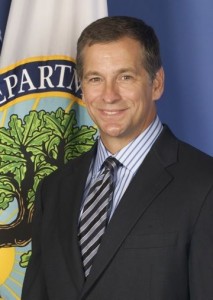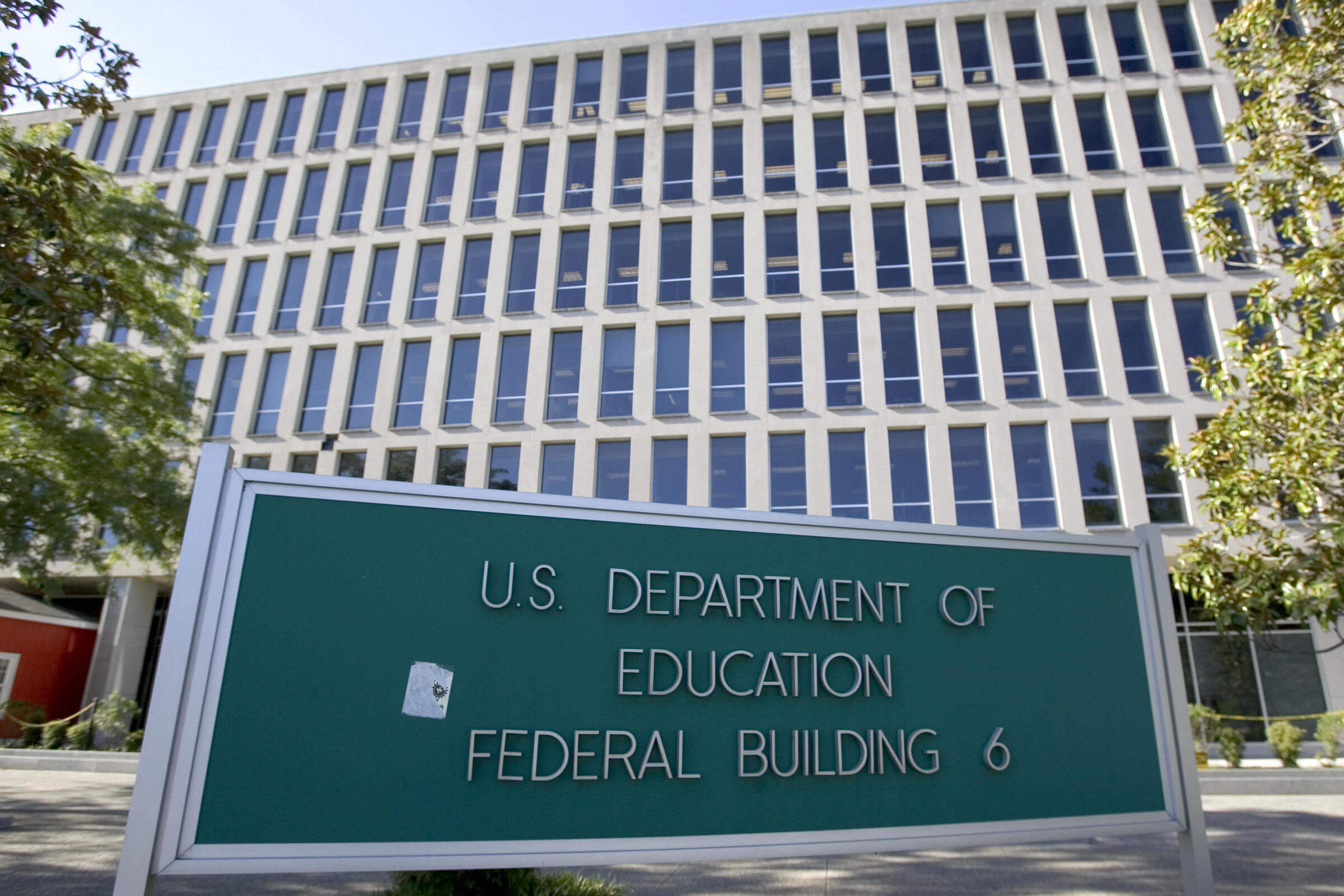
Kevin Jennings, the openly gay Assistant Deputy Secretary at the US Department of Education, will issue “a call to action for a comprehensive national effort to address bullying during the 2010-2011 school year by all summit participants” on Thursday, according to a press release from the Department of Education. The call to action will close out a two-day summit in Washington DC, the goal of which is “to engage governmental and nongovernmental partners in crafting a national strategy to reduce and end bullying.”
Bullying has lead to so many suicides there is now a new term for it – “Bullycide.”
CORRECTED AND UPDATED:
U.S. Education Secretary Arne Duncan addressed the summit Wednesday morning, saying “No school can be a great school until it is a safe school first.”
Here are excerpts from Duncan’s address, now posted on the Department of Education’s website:
The Myths About Bullying: Secretary Arne Duncan’s Remarks at the Bullying Prevention Summit
“For the record, let me state my basic, operating premise, both in Chicago and Washington DC: No student should feel unsafe in school. Take that as your starting point, and then it becomes inescapable that school safety is both a moral issue, and a practical one.
The moral issue is plain. Every child is entitled to feel safe in the classroom, in the hallways of school, and on the playground. Children go to school to learn, and educational opportunity must be the great equalizer in America server. No matter what your race, sex, or zip code, every child is entitled to a quality education and no child can get a quality education if they don’t first feel safe at school.
It is an absolute travesty of our educational system when students fear for their safety at school, worry about being bullied, or suffer discrimination and taunts because of their ethnicity, religion, sexual orientation, disability, or a host of other reasons.
The job of teachers and principals is to help students learn and grow—and they can’t do that job in schools where safety is not assured.
[cut]
Bullying is epidemic in urban, suburban, and rural schools. The statistics are frankly staggering. In 2007, nearly one out of three students in middle school and high school reported that they had been bullied at school during the school year. That means that 8.2 million students a year are suffering at the hands of bullies in school.
[Cut]
In 2007, more than 900,000 secondary students reported being cyber-bullied. Cyber-bullying allows bullies to do their work at a distance, outside of download schools, in front of a broad audience and sometimes under the protection of anonymity. New technologies provide bullies with new tools to hurt students in old ways.
[Cut]
Ultimately, bullying is really a form of physical and mental abuse. If you don’t stop it when it starts, it usually spreads.
A powerful testament to the fact that bullying is not part of the natural order of things is that most people can remember, even decades later, the feeling of being bullied or bullying another individual. Or they may feel haunted by the memory of standing by while a friend or classmate was bullied.”
Duncan was joined at the first-ever bullying summit Wednesday-Thursday, Aug. 11-12, at the Washington Hilton Hotel, by governmental and nongovernmental representatives to craft “a national strategy to reduce and end bullying, the release said. In addition to Jennings, who heads the Department’s Office of Safe and Drug-Free Schools, other participants are: Assistant Secretary for the Office for Civil Rights Russlyn Ali, Administrator Mary Wakefield of the Health Resources and Services Administration; Surgeon General Regina M. Benjamin; Associate Attorney General Tom Perrelli; other representatives from the U.S. departments of Justice (DOJ),newslan Agriculture (USDA), Defense (DOD) and Interior (DOI); superintendents; researchers; corporate leaders; community partners; and students.
The summit will focus on three areas, according to the release: “Research (what we know and additional gaps we need to fill); Programs (which programs work in combating bullying and areas where further programmatic development is needed); and Policy (how can policy at the local, state and federal levels help prevent bullying).” The release also says that the Education Department has “stepped up bking its efforts to address bullying to include a new Safe and Supportive Schools grant program,” a pilot program that federal funds “for interventions in those schools with the greatest needs.”
Jennings, who founded the Gay Lesbian Straight Education Network (GLSEN) –says in a statement:
“Bullying behavior is not only troubling in and of itself but if left unaddressed, can quickly escalate into harassment, violence and tragedies. We hope this summit will help us get ahead of the game by focusing on prevention and doing everything we can to bring this plague to an end.”
Here’s MetroWeekly’s recent story on Jennings.
Lest we think bullycide only impacts the families of the kids who commit suicide – here’s a video by a 14 year old identified as pinkmints who “understands the pain” of the young people who would rather die than endure another day of bullying.

